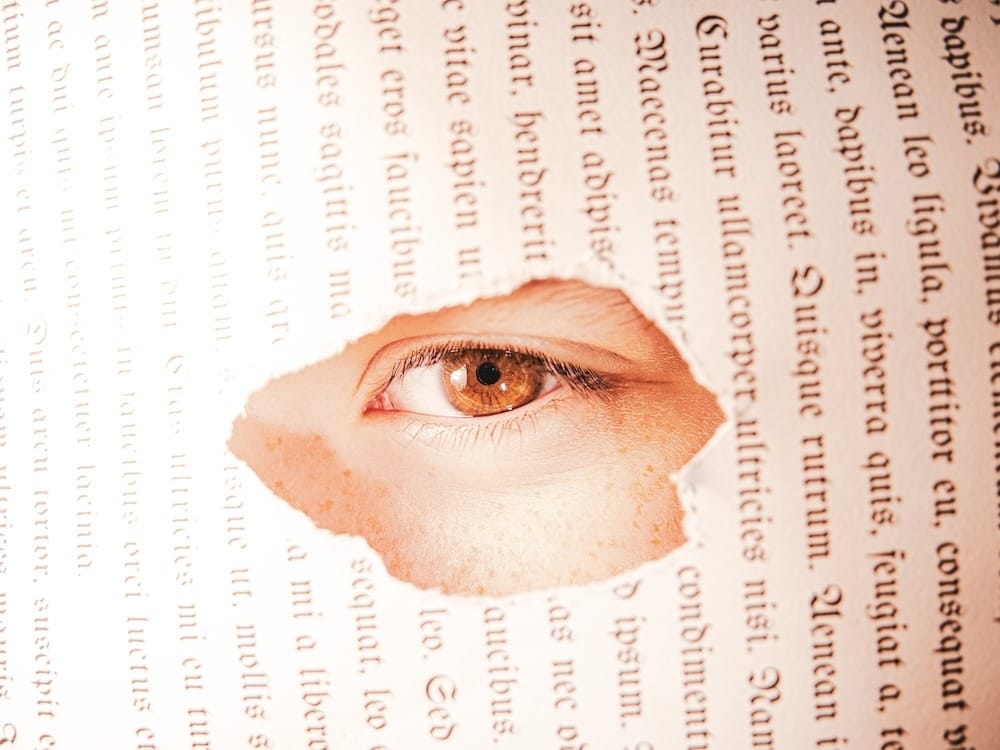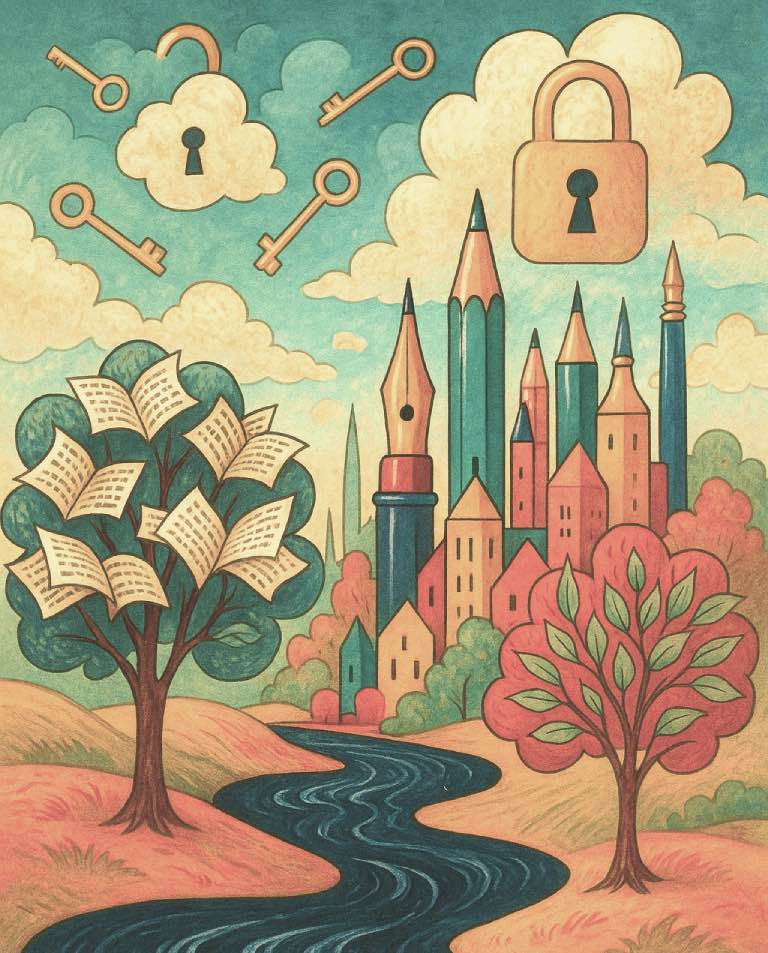A plot hole is an unexplained gap between the pretense of one plot point and the contradicting result of another.
The concept of plot holes in literature refers to gaps or inconsistencies in a storyline that contradict established events or rules within the narrative framework. These discontinuities can significantly impact reader engagement, disrupting the suspension of disbelief that is crucial for effective storytelling.
The significance of plot holes is evident in their potential to detract from the immersive experience of a narrative. Even in well-regarded literary works, such as J.K. Rowling’s Harry Potter series, instances of plot holes can arise, leading readers to question the coherence of the established fictional universe. For example, in The Goblet of Fire, the return of the antagonist, Voldemort, is contingent on a complex ritual, yet the sudden appearance of Death Eaters at the Quidditch World Cup raises questions about their prior allegiance, introducing an inconsistency in the narrative.
To mitigate the presence of plot holes, authors can adopt various techniques during the writing process. Thorough planning, involving meticulous outlining that encompasses character motivations and story arcs, can help identify potential pitfalls before the narrative is fully developed. Consistent world-building is equally crucial, requiring authors to establish and adhere to a set of rules within the fictional universe to maintain coherence.
The inclusion of beta readers and editors in the review process can provide valuable external perspectives, enabling authors to address potential plot holes that may have been overlooked during the writing phase. Additionally, the strategic use of retconning, or retroactive continuity, can be employed to revise previously established facts within the story, bridging gaps and maintaining narrative integrity.
When left unchecked, plot holes in literature pose problems that might lower a story’s overall quality. Authors can overcome these obstacles and provide readers with a seamless and captivating narrative experience by carefully preparing, developing a consistent world-building structure, and incorporating an external feedback loop. This process involves a meticulous balance of creativity and attention to detail, emphasizing the importance of narrative coherence in the construction of fictional worlds.
Further Reading
Plot Hole by James Sandoval, But a Jape
It may not be a plot hole, but that doesn’t mean it makes sense by Dave Rick, The World’s Last Mysteries
5 great books with glaring plot holes by Jonny Thomson, Big Think
Do Plot Holes Actually Matter? by Nathan Rohe, Odyssey





